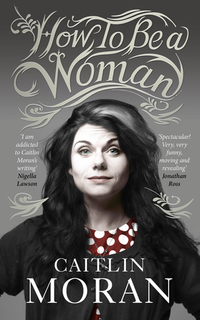Collection
THE MOST IMPORTANT BOOKS ON FEMINISM
A reading list of the most important books on feminism as decided by an expert panel of academics and authors - all of whom selected three books each.
- Curated in THE MOST IMPORTANT BOOKS ON FEMINISM
Forget the period costume drama presentation of Austen and focus on the central character of Fanny Price: a young woman who learns to think for herself and withstand the force of rich and powerful men. An object lesson in the getting not just of wisdom but of agency; yes, there is a conventional happy ending but it is how it is achieved that is important.
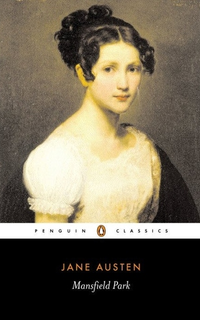
- Curated in THE MOST IMPORTANT BOOKS ON FEMINISM
Fiction can sometimes portray feminism more clearly than scientific research or cultural commentary. Reading this novel didn’t teach me about feminism—it taught me about my deep emotional response to my own experience of womanhood, while also giving me a permanent implant of empathy for what feels like the entire human history of the female experience. This book (as well as the film adaptation with Anne Bancroft) is my go-to when I need to recapture those feelings when I fear they’ve become endangered.
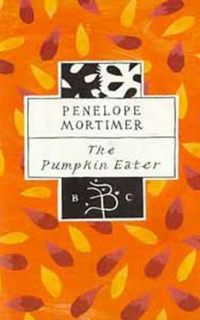
- Curated in THE MOST IMPORTANT BOOKS ON FEMINISM
Motherhood is one of the topics integral to feminist thought and activism. There are plenty of theoretical books dissecting this topic, but for visceral engagement, and for a fresh and darkly humoured look at what having children can do to our sense of self and our life choices and chances, Cusk’s memoir of becoming a mother is priceless. The personnel here is, as in the best feminist literature, deeply political. Read it even just for such quotes as ‘Motherhood is a career in conformity from which no amount of subterfuge can liberate the soul without violence.’ There are no manifestoes here, but an idiosyncratic yet also universally resonating, and non-euphemistic, reflection on all those myriads of adjustments women make, or try to avoid making, if they decide to have children.
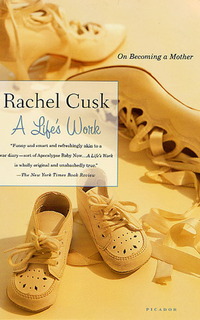
- Curated in THE MOST IMPORTANT BOOKS ON FEMINISM
Kate Millett’s 1969 “Sexual Politics” still stands as one of the best analyses of patriarchy, what it is, how it works and how it can, must and will be ended. As she writes in this book, when something is taken for granted so much, it is a political act to even speak of it out loud, to acknowledge the existence of centuries of sexist oppression and name patriarchy as a failed system of social governance.
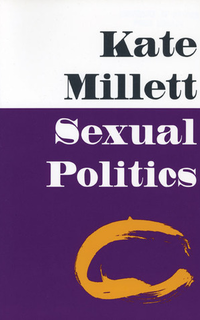
- Curated in THE MOST IMPORTANT BOOKS ON FEMINISM
Every page of this impressive investigative work will leave you audibly gasping. Not only does Criado Perez perfectly illustrate how half of the world’s population has been (and is still being) ignored via the gender data gap, she proves why change needs to happen. Spanning the worlds of medicine and technology to the average workplace, this is a must read for any woman who has felt excluded and any person who cares about ending discrimination.
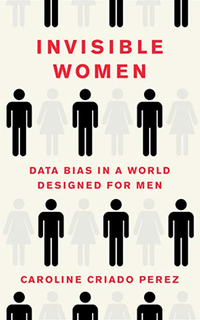
- Curated in THE MOST IMPORTANT BOOKS ON FEMINISM
In 1792, she dared put forth the radical notion that women should be educated, and that they were neither too emotional nor too fragile to engage in rational thought. On the contrary, an educated woman could contribute to society, raise more educated children, and be better a companion to her husband. Not terribly radical, until you consider that at the end of the 18th-century men believed their hunting dogs were more intelligent than their wives.
- Curated in THE MOST IMPORTANT BOOKS ON FEMINISM
This essay is often regarded as a rant and written off by Woolf’s critics and detractors. But the prose has a furious energy and there is a recognition here of what masculinity can be like that transcends time and place. The self-regard, the pomposity, the prejudice about the world outside a tiny place of privilege, the greed for power and wealth – not to mention the crass ignorance of anything except itself – are as much with us in 2019 as in 1938.
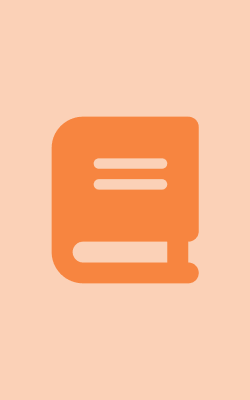
- Curated in THE MOST IMPORTANT BOOKS ON FEMINISM
Gilligan’s work was my introduction to feminist theory. As I came of age, it gave me a jumping off point to explore my own emerging ideas about feminism, as well as the historical context for the movement. In more recent years I’ve revisited her work as my own concept of feminism has evolved as well as to seek clarity about what has (or has not) changed at the broader sociocultural level. It’s no longer quite as relevant, as many of our collective ideas have evolved in the decades since it was first published. But there’s value in revisiting the text to clearly witness that evolution and draw hope from it.
- Curated in THE MOST IMPORTANT BOOKS ON FEMINISM
Katie Roiphe is a sort-of controversial figure in the feminist landscape. Many of us adore her, but some feminists criticise her for not being ‘feminist enough’. Among Roiphe’s ‘sins’, according to the latter thinking, are her penchant for masculine men, her refusal to marry art with ideology and that she doesn’t automatically take women’s side in every gender-related dispute, but searches for nuances. She sins in these ways, and in many others, also in this excellent collection of essays. But her slaughtering of sacred cows is always thoughtful, witty and erudite, never sadistic. Unlike certain ideologues disguised as writers writing about ‘issues’, Roiphe is never preachy. And she is willing to consider the views of her opponents and reconsider her own views. It is this tendency to hesitate before pronouncing an opinion, as well as the practicality and playfulness of her feminism that I especially adore. Everybody should read Roiphe!
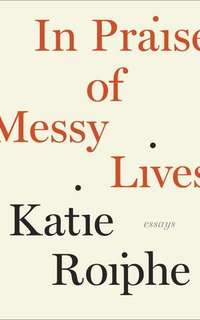
- Curated in THE MOST IMPORTANT BOOKS ON FEMINISM
This short accessible book is a must-have guide through the social construction of masculinity and femininity and the harms to self, society and community that we all accept in exchange for propping them up. It is sadly prescient and relevant on school shooters, terrorist attacks and the daily violence of rape and sexual violence; theorizing some men’s entitled rage when they cannot pass through the masculinity checkpoints that society expects. This is a book to contextualize the rise of incels, anti-feminist men’s movements and the religion that is misogyny online.

- Curated in THE MOST IMPORTANT BOOKS ON FEMINISM
Lauren Sharkey:
Written in 1949, this early feminist text stemmed from de Beauvoir’s realisation that the first sentence that, in her own head, defined her was: “I am a woman.” The Second Sex is a powerful exploration of women as the “other”, examining historical, mythical and scientific representations to argue that women are taught to be their gender. It may be 70 years old, but its ideas of oppression and liberation are still relevant reading today.
Mary Evans:
The big one: a starting point for many feminists. A very long book but with a simple message …women are constructed as the ‘other’. Beauvoir does not do social complexity but what she does with great confidence is the assertion of her thesis. Its an essential book to read and to consider in terms of its many implications for the ways in which we think about gender in the twenty first century.
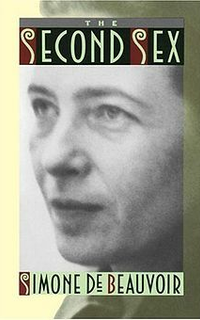
- Curated in THE MOST IMPORTANT BOOKS ON FEMINISM
It is one of my favorite books, as well as my daughter’s favorite book. Because Moran is flat out milk-shooting through the nose hilarious. Because she is my kind of feminist: irreverent; hilarious; a go-along-to-get-along kind of girl. Because the book is intelligent, dirty, heart-warming, and gleefully smashes the patriarchy like the sad piñata it is.
